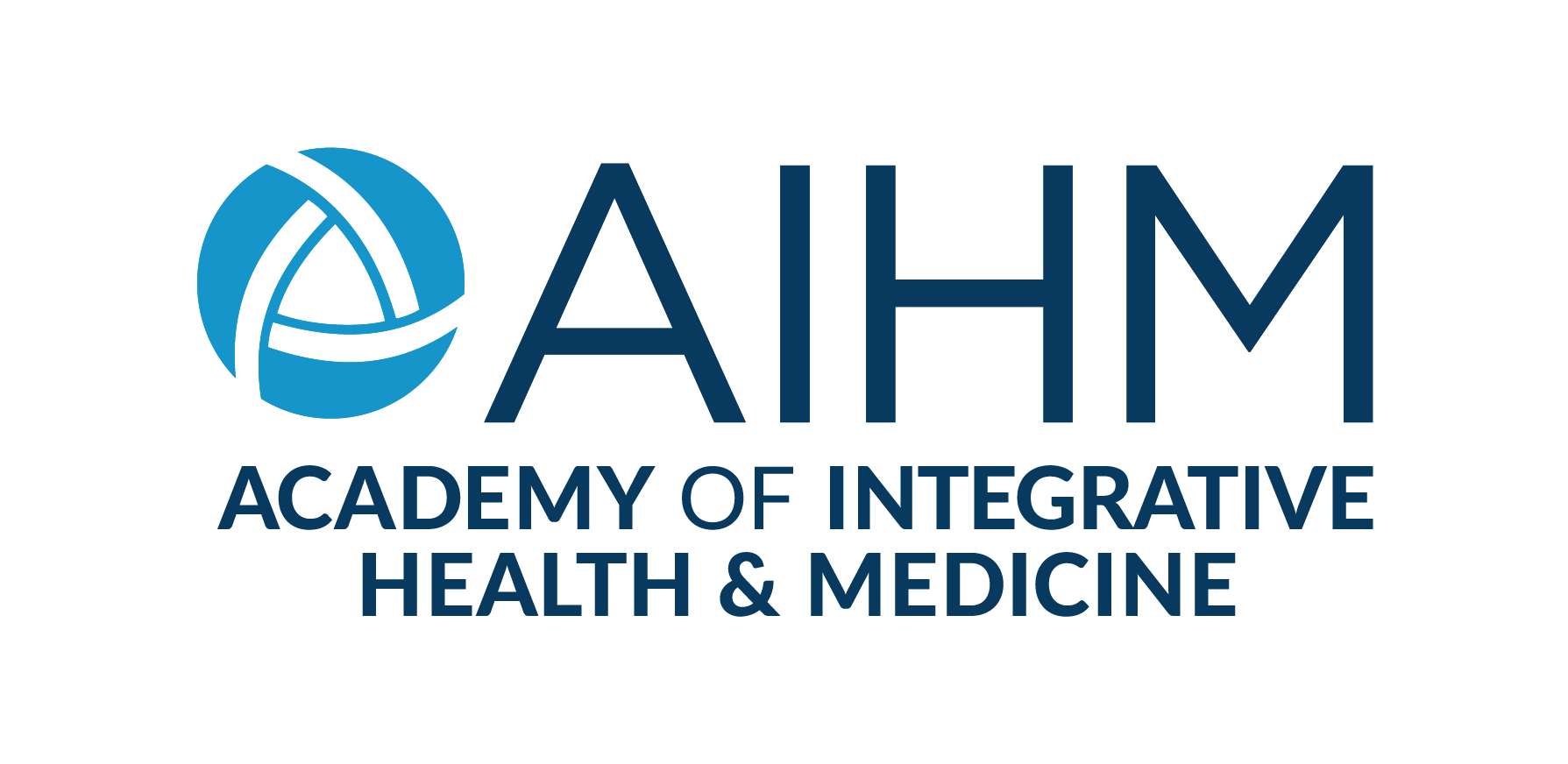On January 5, 2022, the American Board of Integrative Medicine (ABOIM) announced that is successfully applied for an Integrative Medicine (IM) Taxonomy Code from the National Uniform Claim Committee (NUCC) for allopathic and osteopathic integrative physicians. The code will become effective April 1, 2022 and is a game-changer for the field.
A taxonomy code is a unique 10-character code that designates health care providers’ classification and specialization. The code is required when applying for a National Provider Identifier and to become a Medicare provider. The code set is established by the NUCC and is structured into three distinct “levels” including Provider Type, Classification, and Area of Specialization.
It is important that providers select the correct code because many insurers require the use of taxonomy codes to issue billing credentials, process health insurance claims, and determine network adequacy. The appropriate taxonomy code ensures correct payment of claims.
Until this year, integrative allopathic and osteopathic physicians did not have access to a taxonomy code for IM. Credentialing and insurance reimbursement have historically been difficult because of this. The NUCC IM code (202D00000X) was one of two new codes added this year with the following definition:
A physician who specializes in the treatment of the whole person through prevention and treatment based on medical evidence. Integrative medicine considers all factors that influence health, wellness, and disease – including mind, body, and spirit. Conventional and alternative methods are used to facilitate the body’s innate healing response. Appropriate consideration is given to use of less-invasive and less-harmful interventions, when possible. It also incorporates all appropriate therapeutic approaches, health care modalities, and disciplines to achieve op timal health and healing.
The NUCC is a voluntary organization that replaced the Uniform Claim Form Task Force in 1995. The committee was created to develop a standardized data set for use by the non-institutional health care community to transmit claim and encounter information to and from all third-party payers. It is chaired by the American Medical Association with the Centers for Medicare and Medicaid as an important partner. The NUCC is intended to have an authoritative voice regarding national standard content and date definitions for non-institutional health care claims in the US.
For integrative allopathic and osteopathic physicians, the procurement of this taxonomy code represents a milestone in the field. It offers further validation of integrative physicians who will now be able to accurately describe their scope of practice which is key to maximize reimbursement. Providers may use multiple taxonomy codes and should associate the appropriate code with the billed service. Payers, including Medicare and Medicaid, are rejecting claims based on inconsistencies between provided services and taxonomy codes which underscores the importance of code selection. For patients seeing integrative allopathic and osteopathic physicians, the new taxonomy code may increase the likelihood of reimbursement for services provided. It is a win-win for all!
Now more than ever is a great time to sign up for our Fellowship program. Learn more at: http://127.0.0.1:81/wordpress/fellowship/
Resources:



